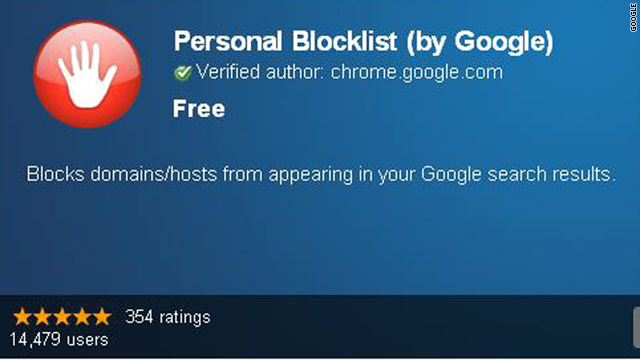E-totalitarianism at Google
May 10, 2011
By Scott Cleland
The Washington Times
May 9, 2011
Google Inc.’s “Don’t Be Evil” slogan is seductive but misleading. It is the lowest business ethics standard ever devised, excusing everything Google does short of evil. Google isn’t evil – but neither is it ethical.
While perceptions of the world’s erstwhile No. 1 brand remain exceptionally strong, Google’s ethical blind spots regarding privacy and property rights are beginning to erode the public’s trust and eventually could threaten the company’s market domination. Anyone who follows Google closely knows that the company is a serial scandal machine. One of the world’s most powerful companies, with its vainglorious mission to “organize the world’s information,” has proved itself to be unethical, shockingly political and untrustworthy.
Google’s privacy record is shameful. In 2004, Google sparked a privacy outcry by scanning Gmail users’ private emails for advertising keywords. The next year, Google Earth put sites, including the White House’s roof and a Trident submarine base, on public display; a leader of the al-Aqsa Martyrs’ Brigade terrorist group said he was thrilled. In 2006, Google refused to comply with a California privacy law. Two years later, Street View exposed people’s homes and license plates to anyone who cared to look; a member of the British Parliament described the service as “invading our privacy on an industrial scale.” In 2009, Google began tracking the books people searched (via Google Books) and visitors to WhiteHouse.gov. Last year, Google Buzz exposed users’ private email lists to the public while Google’s Street View cars were caught eavesdropping on millions of users’ wireless networks. No wonder Privacy International cited Google for its “entrenched hostility to privacy.” But it’s easy to understand why Google has no respect for privacy. Just consider Google Chairman Eric Schmidt’s own words: “If you have something you don’t want anyone to know, maybe you shouldn’t be doing it.”
Google’s recordfor respecting others’ property is no better. In 2004, Google paid $250 million in stock to settle a lawsuit alleging the firm had violated GoTo.com’s patent for the keyword auction process on which Google’s business model is based. A year later, the Authors Guild sued Google for copying millions of books without permission; Google continues to copy books illegally despite the fact that a federal court rejected the proposed Google Books settlement as unlawful. In 2007, Viacom sued Google for $1 billion for infringing hundreds of thousands of copyrights on videos; court documents revealed Google knew YouTube derived its traffic from illegal video uploads but bought the company anyway. In 2010, Oracle charged that Google “knowingly, directly and repeatedly infringed Oracle’s Java-related intellectual property” in its Android mobile-phone platform. Google also has been accused of facilitating trademark infringement and aiding online piracy.
When Mr. Schmidt was asked if people should trust Google as much as they do, he deflected the question with a question of his own: “That depends on what you think of our company and our values. Do you think we have good values?” Perhaps out of politeness, no one wants to tell him the truth: Google’s actions and business practices over time make it clear that Google’s values are not what most people would consider good values.
Google repeatedly says one thing but does another. The company says serving users is its top priority, but Google does not offer users customer service. Google exhorts others to be transparent, but it runs one of the world’s most opaque operations. Google urges everyone else to adopt open systems, but Google’s search engine and AdWords auction system are closed. Google tramples the most fundamental ethical standard, the golden rule, by routinely treating others the way Google does not want to be treated.
Earlier this year, Google put a defiant public exclamation point on its contempt for private information and property by announcing it had decided to make all of the secret, confidential and private information leaked by WikiLeaks universally accessible and useful to the world’s bad actors via Google search.
It all comes back to Google’s uber-ambitious mission “to organize the world’s information.” That may sound like a good thing, but do we really want one unethical, unaccountable entity organizing all of the world’s information? Google’s unprecedented centralization of power over the world’s information is corrupting the Internet. It is leading us to a future in which there is little competition, privacy and incentive for creativity and innovation. Allowing one company to organize the world’s information is a terrible idea that can only lead to a soft totalitarianism.
Information is power. Google is rapidly evolving from an information servant to master, from working for users to making users work for the Internet behemoth. Make no mistake, if Google succeeds at taking away people’s online privacy and intellectual property rights through tracking and digital redistribution, we become Google’s serfs. This digital road to serfdom is not paved with good intentions.
Scott Cleland is author of the new book “Search & Destroy: Why You Can’t Trust Google Inc.” (Telescope Books, 2011).

